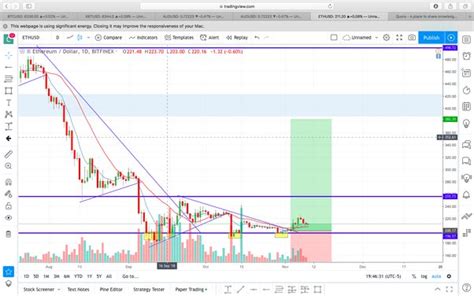Understanding the validation of the block in Ethereum: A Guide
As every Ethereum user knows, checking the correctness of the block is a key step in the network consensus algorithm, ensuring that the transactions are safe and irreversible. However, many users may wonder how much time it takes to approve the new block by miner before using other connected nodes.
The process of checking the correctness of the block
To improve their assumption: miners do not confirm the blocks immediately after receiving them from their peers. Instead, they perform a process called “Mining”, in which they compete to solve complex mathematical problems that protect the network and verify transactions.
This is step by step the breakdown of the block validation:
- BLOCK Creator : The new block is created by a miner, containing a list of unconfirmed transactions.
- Transaction validation : The mine checks each transaction in the block to make sure it is valid (i.e. it has sufficient funds and meets other requirements).
- Sorting transactions : Miner sorts transactions in the block based on their urgency (e.g. high priority transactions have priority over others).
4.
- Proof of work (POW) Verification
: Miners compete to find a block with an abbreviation that meets specific criteria, usually related to the Merle shortcut block and other puzzle components. This process is called proof of work (POW).
6.
- Confirmation process : Other nodes check whether transactions in the new block are correct and follow the rules of the Ethereum network.
How long does the block validation take?
The time of block validation depends on several factors:
* Network overload

: When many miners compete with POW blocks, this can lead to slower times of validation.
* block size : larger blocks require more computing power and can last longer.
* MINER Power : The number of miners participating in the network also affects the process of checking correctness.
On average, checking the correctness of blocks can last from 10 minutes to several hours. However, this may vary significantly depending on certain conditions.
Application
In summary, the validation of blocks is a complex process that requires computational force and mathematical knowledge. Miners compete to solve the PowP riddles, which can lead to slower times of validation. Although miners are not possible immediately validation of blocks, they work to secure the network and ensure the integrity of the transaction. Understanding how Ethereum works, you will be better prepared to move around the world of decentralized finances (DEFI) and other blockchain -based applications.
